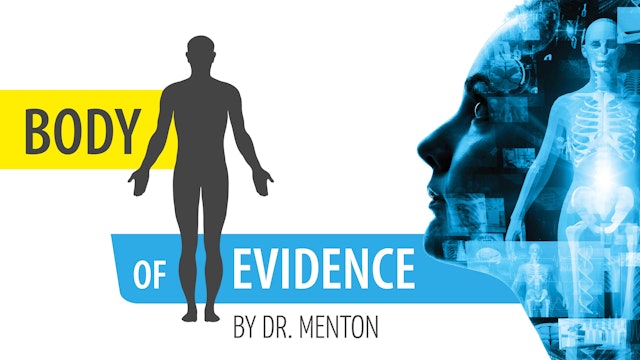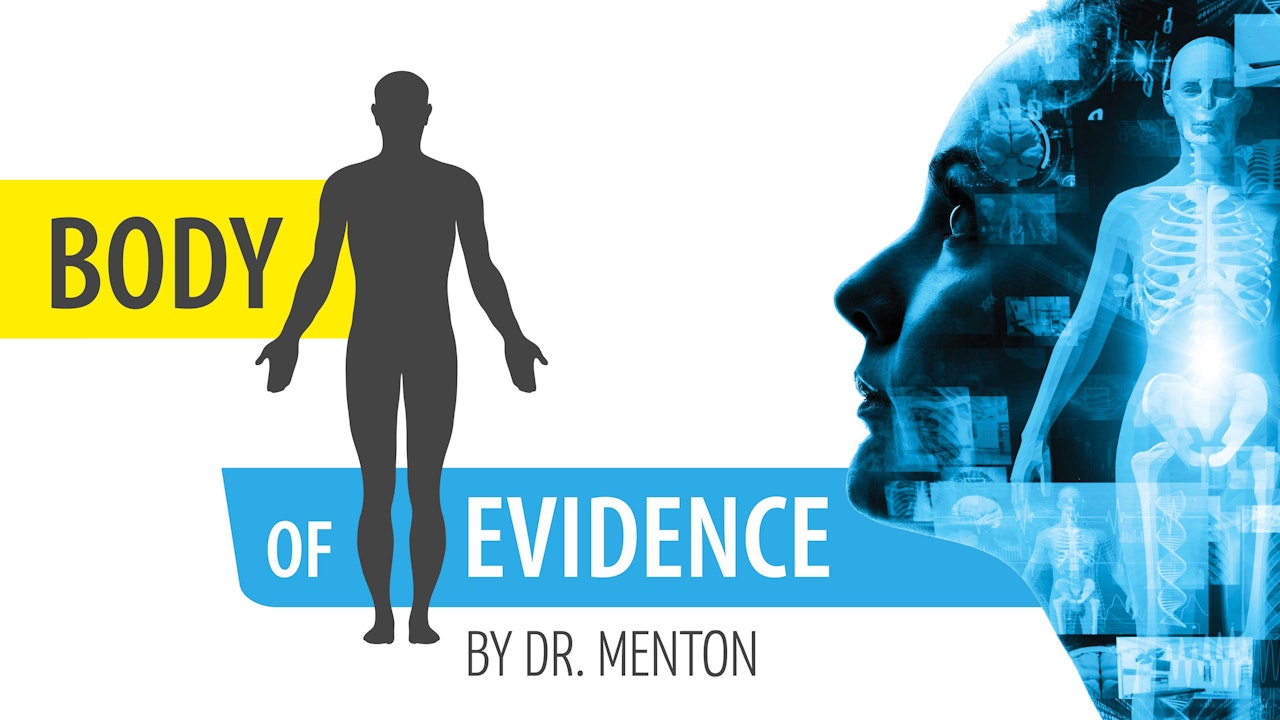-
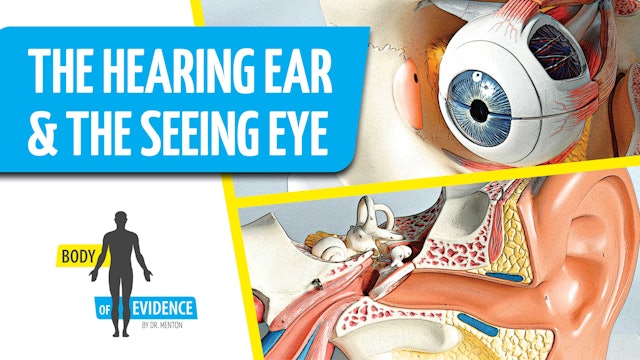 34:43Episode 1
34:43Episode 1Hearing Ear
Episode 1
our ears are incredibly designed for their purpose. See the Creator's handiwork, and discover how your ears do their work, with teaching from Dr. David Menton.
-
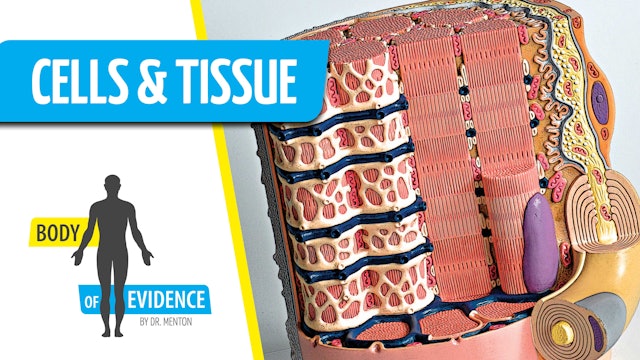 40:53Episode 2
40:53Episode 2Cells & Tissue 1
Episode 2
Join Dr. David Menton and his students as they turn to the microscope to better understand how the various organs and organ systems work.
-
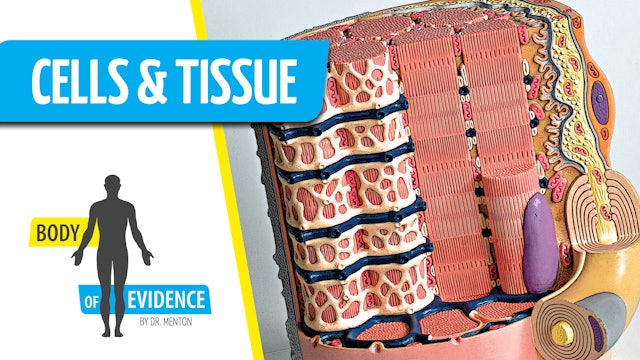 35:05Episode 3
35:05Episode 3Cells & Tissue 2
Episode 3
Join Dr. David Menton and his students as they continue to get under the microscope to better understand how the various organs and organ systems work.
-
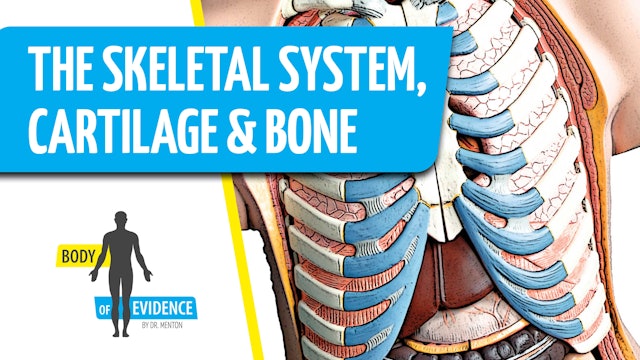 39:02Episode 4
39:02Episode 4Skeletal System 1
Episode 4
Part 1: Without bones you would be a lump of fleshy organs. Without cartilage you would have no nose, no fingernails, and folding your arm or straightening your leg would be extremely painful.
-
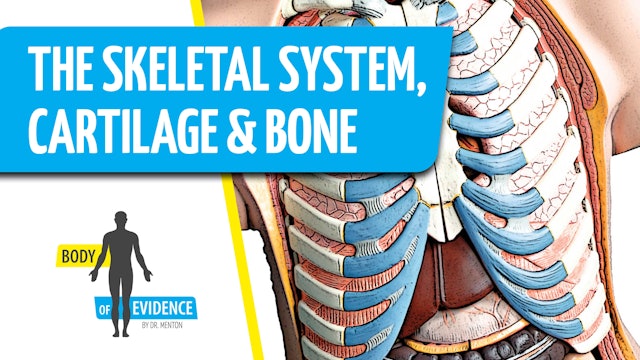 36:36Episode 5
36:36Episode 5Skeletal System 2
Episode 5
Part 2: Without bones you would be a lump of fleshy organs. Without cartilage you would have no nose, no fingernails, and folding your arm or straightening your leg would be extremely painful.
-
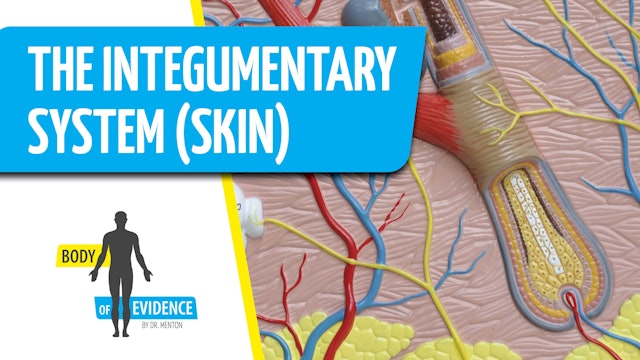 45:29Episode 6
45:29Episode 6Integumentary System (Skin) 1
Episode 6
Part 1: The skin is the largest organ in the body and the one we are probably most familiar with. It is right there before our eyes every day, but without the aid of a microscope we cannot really appreciate its complexity and many important functions.
-
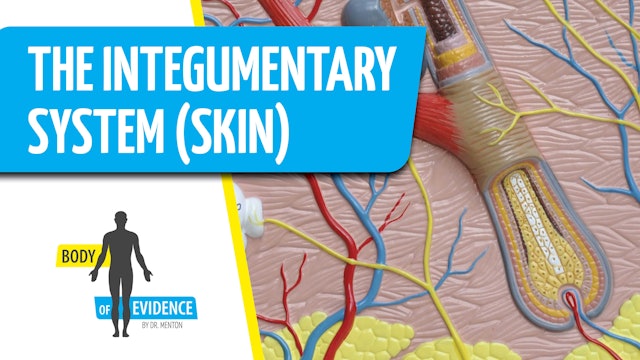 48:40Episode 7
48:40Episode 7Integumentary System (Skin) 2
Episode 7
Part 2: The skin is the largest organ in the body and the one we are probably most familiar with. It is right there before our eyes every day, but without the aid of a microscope we cannot really appreciate its complexity and many important functions.
-
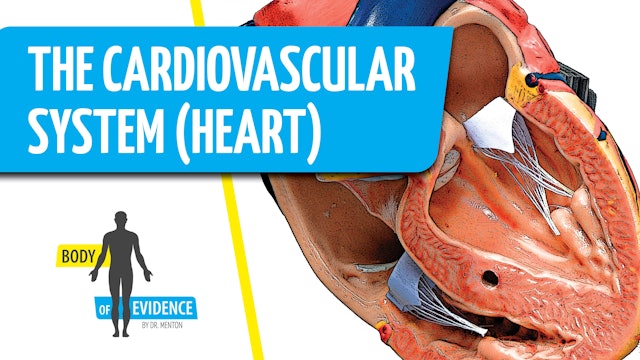 48:44Episode 8
48:44Episode 8Cardiovascular System (Heart) 1
Episode 8
Part 1: The cardiovascular system (the heart and blood vessels) is the most vitally important organ system in the body. Your heart pumps blood, and your blood vessels channel and deliver nutrient-rich oxygenated blood throughout your body.
-
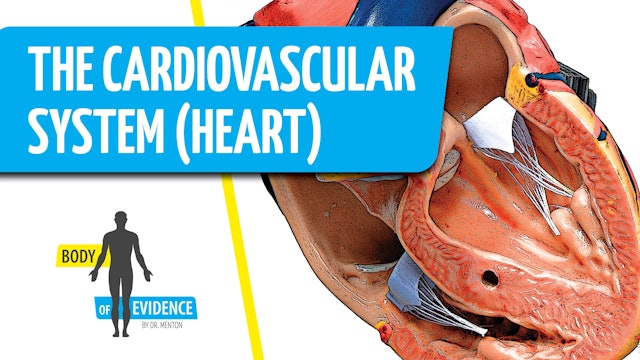 37:25Episode 9
37:25Episode 9Cardiovascular System (Heart) 2
Episode 9
Part 2: The cardiovascular system (the heart and blood vessels) is the most vitally important organ system in the body. Your heart pumps blood, and your blood vessels channel and deliver nutrient-rich oxygenated blood throughout your body.
-
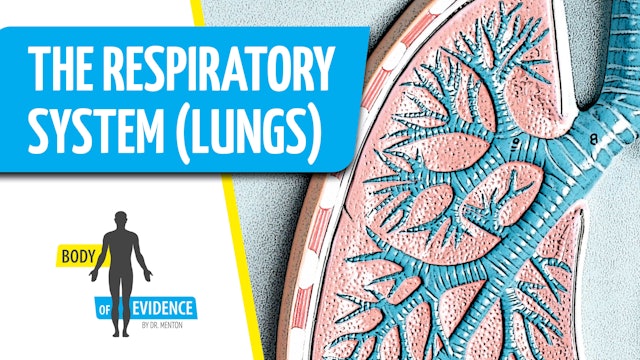 38:34Episode 10
38:34Episode 10Respiratory System (Lungs) 1
Episode 10
Part 1: The human respiratory systemof which the lungs are the largest componentis the most high-tech air purification and conditioning system on earth.
-
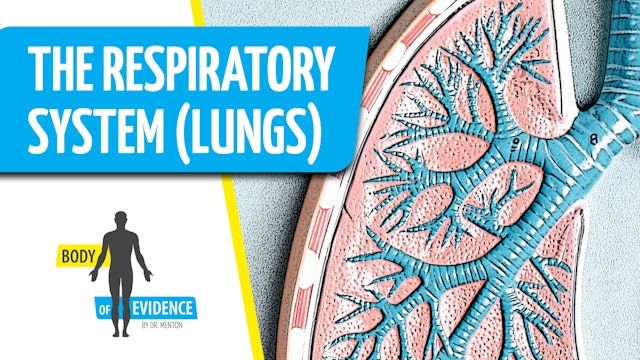 32:43Episode 11
32:43Episode 11Respiratory System (Lungs) 2
Episode 11
Part 2: The human respiratory systemof which the lungs are the largest componentis the most high-tech air purification and conditioning system on earth.
-
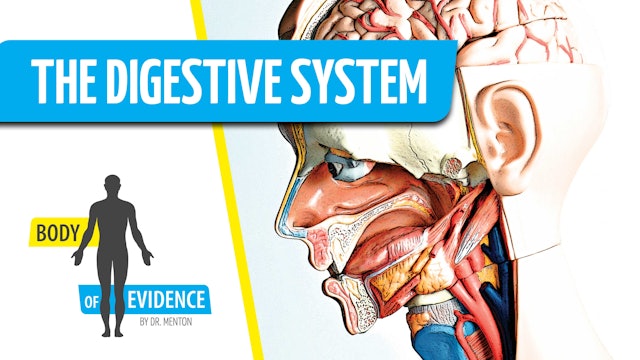 37:17Episode 12
37:17Episode 12Digestive System 1
Episode 12
Part 1: The average person eats about 100,000 pounds of food during his lifetime. Have you ever considered what happens in the body to make use of all those grains, meats, and vegetablesplus all those fun sweets?
-
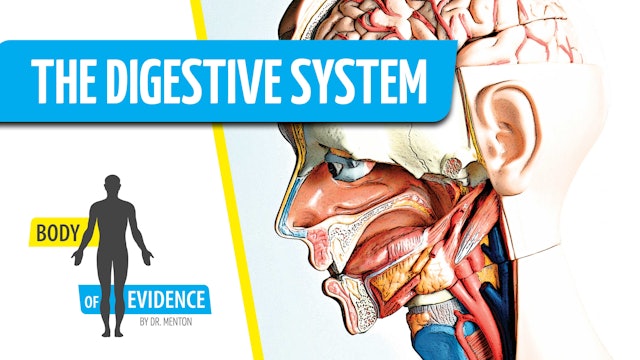 37:11Episode 13
37:11Episode 13Digestive System 2
Episode 13
Part 2: The average person eats about 100,000 pounds of food during his lifetime. Have you ever considered what happens in the body to make use of all those grains, meats, and vegetablesplus all those fun sweets?
-
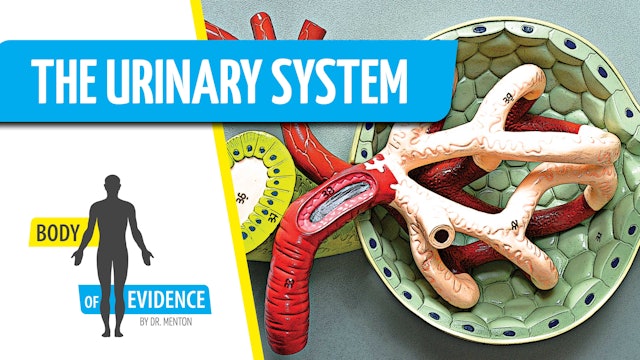 26:22Episode 14
26:22Episode 14Urinary System 1
Episode 14
Part 1: Dr. David Menton uses human anatomical models, microscope imaging, and detailed computer illustrations to describe the importance and incredible design of the human kidney.
-
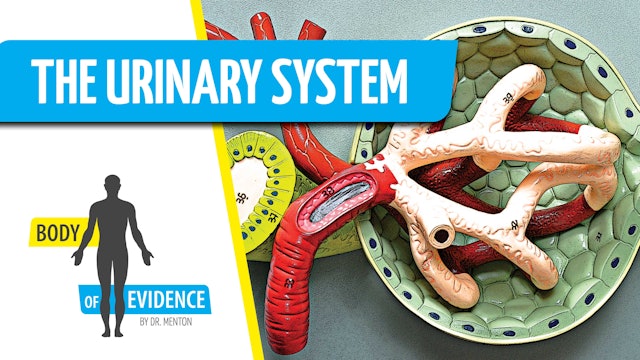 38:01Episode 15
38:01Episode 15Urinary System 2
Episode 15
Part 2: Dr. David Menton uses human anatomical models, microscope imaging, and detailed computer illustrations to describe the importance and incredible design of the human kidney.
-
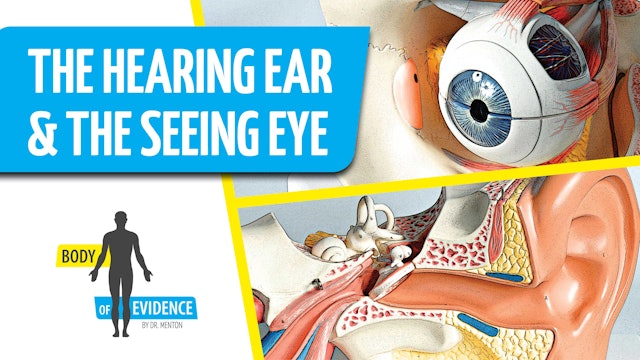 1:03:16Episode 16
1:03:16Episode 16Seeing Eye
Episode 16
Eyes are said to be the windows to the soul. But they're also windows into God's incredible handiwork. Discover how your eyes are able to see and how they point to the one who made "the seeing eye."

